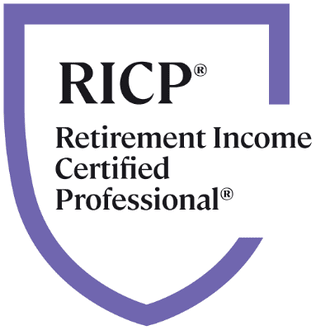
The ROI of A College Education in Texas
An increasing number of studies look at the Return on Investment or ROI of a college education. The ROI is essentially the cost of attendance divided by what you expect to generate in future income or wages.
This is especially important since the average cost of a 4-year public, according to the College Board, with in-state tuition is $10,560 for tuition and fees, while a private nonprofit 4 year was $37,650 in 2020-2021.1 Typically, the cost of college tuition and fees has surpassed the inflation rate.
Parents are especially concerned about the Return on Investment of college education for their children given the high price tag. One interesting measure of ROI is by Payscale, which allows future returns to be compared to the upfront investment. Essentially, Payscale uses the total cost of tuition, fees, room and board, books, and supplies. The return (gain) is the additional expected future income stream received for being a college graduate.2
From this ROI measure for 2020, Payscale has the following Texas public and private colleges in the top 4 ROI. First, Rice University has a 20-year net ROI of $814,000 with financial aid included. Second, we have Texas A&M in College Station with a $636,000 20 year ROI. Finally, rounding out the Top 4 is the University of Texas at Austin and the University of Texas at Dallas, with over a half-million ROI. What is interesting here is the findings are not what we would expect. The University of Texas at Dallas is close to the University of Texas at Austin. One would expect the flagship university of Texas to surpass UTD.
This leads to the difficulty of this broad comparison. The Payscale data does not consider the major the student is enrolled in. For example, an Engineering major should have a higher ROI than an English major. This may be evident in UTD, which has more STEM degree programs, and UT Austin has more liberal arts programs.
In addition, numerous social benefits of higher education go beyond simply getting a bigger paycheck, such as improving the community within the state from a more educated population. Parents don't just send their children to college for a higher paycheck. There are numerous other nonmonetary benefits of higher education, such as developing networks with peers and mentors. Maybe there want to get them out of the house!
Despite these challenges with the Payscale date, it does represent a good attempt for parents to better evaluate the value of college education for their children, given that it will likely be the biggest expense for them outside of a mortgage on their home. It is best to talk to a financial planner to learn more about how a college education fits your financial goals.
1. https://research.collegeboard.org/pdf/trends-college-pricing-student-aid-2020.pdf
2. https://www.payscale.com/college-roi/state/Texas/page/1?aid=true
*This content is developed from sources believed to be providing accurate information. The information provided is not written or intended as tax or legal advice and may not be relied on to avoid any Federal tax penalties. Individuals are encouraged to seek advice from their own tax or legal counsel. Individuals involved in the estate planning process should work with an estate planning team, including their own personal legal or tax counsel. Neither the information presented nor any opinion expressed constitutes a representation of a specific investment or the purchase or sale of any securities. Asset allocation and diversification do not ensure a profit or protect against loss in declining markets.





